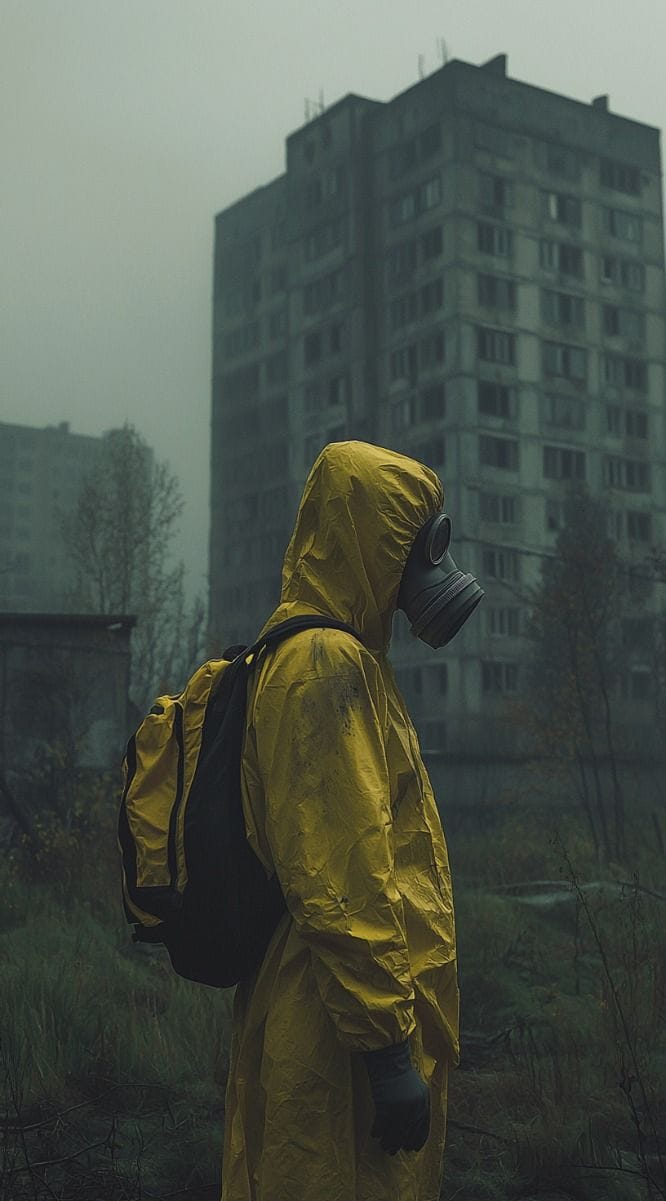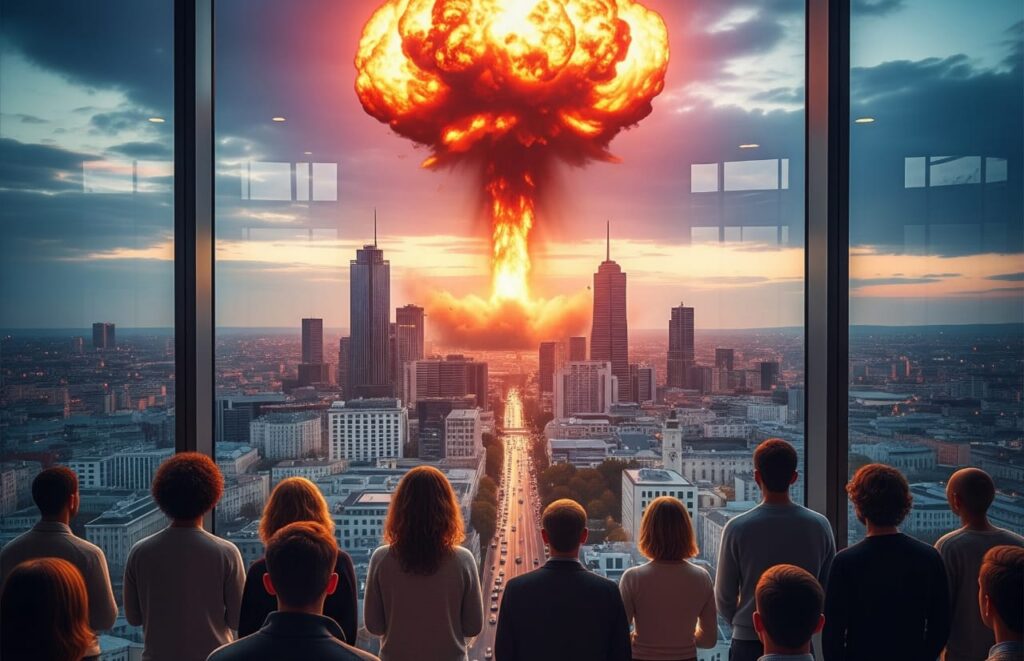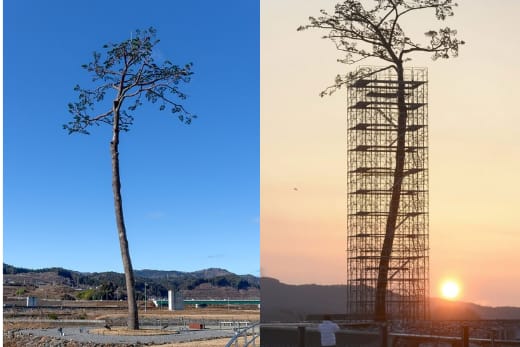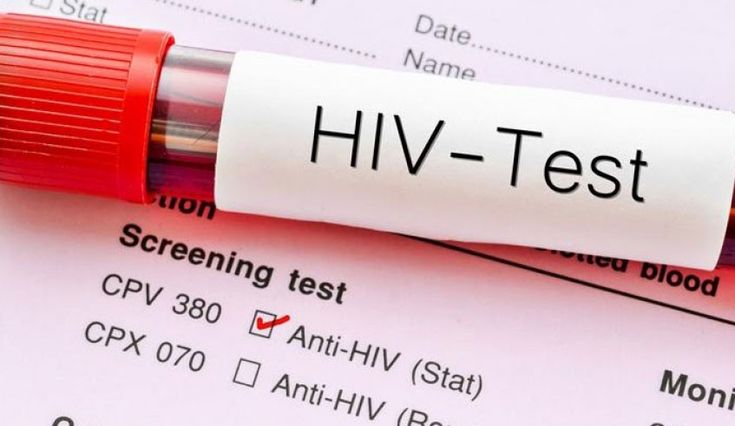A nuclear explosion is one of the most terrifying scenarios imaginable. The blast, heat, and radiation happen in seconds, leaving little time to react. Experts emphasize that survival depends on quick thinking, immediate shelter, and following the right steps in order. Knowing what to do could mean the difference between life and death.

1. Seek shelter immediately
The first instinct might be to run or call for help, but every second counts. Your top priority is to get indoors. A basement or the center of a strong building offers the best protection. Stay away from windows and doors, as the blast wave can shatter glass and cause serious injury.
2. Duck, cover, and face away from the blast
If you can’t reach shelter in time, lie flat on the ground and cover your head. Face away from the flash to reduce the risk of burns. The immediate heat and pressure can be deadly, so protect your body as much as possible.
3. Shield yourself from radiation
Radiation exposure is most dangerous right after the explosion. Remember the survival formula: Distance + Shielding + Time. Thick walls, concrete, or earth help block radiation. The farther you are from the blast, the better your chances. Stay sheltered for at least 24–48 hours, or longer if fallout is severe.

4. Avoid radioactive fallout
Fallout is deadly dust that spreads from the explosion. Stay indoors and seal windows and doors if possible. Remove contaminated clothing and place it in a sealed bag. Shower or wash exposed skin to remove radioactive particles before touching anything else.
5. Stay informed
Power and cell networks may be down. Keep a battery-powered or hand-crank radio nearby. Listen to official updates from authorities, follow evacuation instructions if needed, and do not leave your shelter until it’s declared safe.
6. Protect your food and water
Do not eat or drink anything exposed to fallout. Use sealed supplies or packaged food, and avoid fresh produce from contaminated areas. Water from covered sources is safest.
7. Long-term precautions
Even after the blast, radiation can linger. Limit time outdoors, wear protective clothing, and continue to follow official instructions. Avoid unnecessary exposure while cleanup and recovery efforts are underway.
The golden sequence: SHELTER → COVER → SHIELD → WAIT.
Following these steps can significantly increase your chances of survival. Preparation also matters: having a “go-bag” with water, food, radio, flashlight, and first aid can save crucial time in a real emergency.






